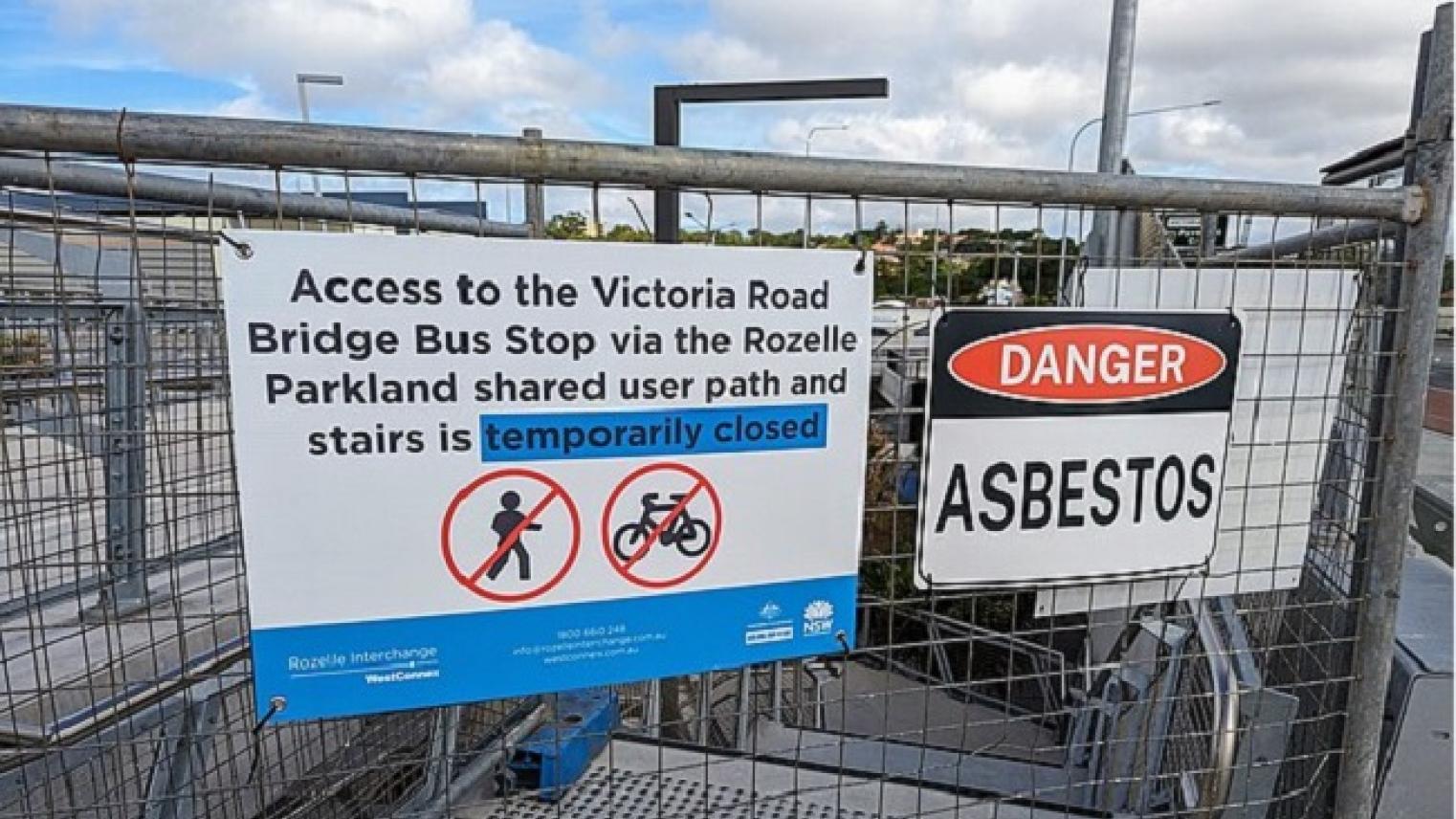How do we mainstream the use of restorative justice in the context of environmental offending, which in Australia is virtually untested? What can we learn from New Zealand?
The use of restorative justice in the context of environmental offending in Australia is virtually untested, except for an out of court encounter in Victoria and two uses in cases before the Land and Environment Court of New South Wales. This seminar will explore ways to increase (mainstream) the use of restorative justice in such a context, including as a diversion from prosecution (front-end model) or in the context of sentencing (back-end model).
Does the mainstreaming of environmental restorative justice require legislative change (noting that recent changes in NSW and Victorian legislation have not spurred on the use of environmental restorative justice)? Is a judicial champion needed (noting the role Judge McElrea has played in New Zealand)? Does mainstreaming need to be driven by the prosecutors, victims, or offenders? This seminar will address such questions drawing on the experience in New Zealand where environmental restorative justice is more routinely used.
About the speaker
Mark Hamilton is a lecturer in law and criminology at the Australian Catholic University. He has had the opportunity to teach a variety of units including introductions to criminology and criminal justice, violence, juvenile justice, foundations of law and legal research, criminal law, evidence and environmental law. His primary interest is restorative justice in the context of environmental law. He is also interested in green criminology and environmental victims. Mark completed his PhD at the University of New South Wales in 2019, with his doctorate subsequently being published as a monograph (Environmental Crime and Restorative Justice: Justice as Meaningful Involvement, Palgrave Macmillan, 2021).
COVID protocols
The ANU strongly encourages you to keep a mask with you at all times (for use when COVID-19 safe behaviours are not practicable) and to be respectful of colleagues, students and visitors who may wish to continue to wear one. Please continue to practice good hygiene. If you are unwell, please stay home. The ACT government’s COVID Smart behaviours can be accessed here.
This seminar presentation is a dual-delivery event. Registration is only required for Zoom attendance; registration for in-person attendance is not required as neither the ANU nor ACT Health conduct contact tracing any longer.
If you require accessibility accommodations or a visitor Personal Emergency Evacuation Plan please email regnet.communications@anu.edu.au.
Image credit: Image of closure signs at Rozelle Parklands, Sydney, due to asbestos contamination, 21 February 2024, by Jpatokal from Wikipedia Commons, free to use under CC BY-SA 4.0 DEED licence.
